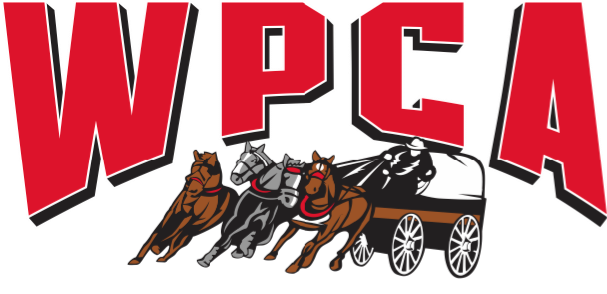Covid-19 and the cancelation of outdoor live events in 2020 affected jobs, local businesses that benefited from the influx of people in their community and it eliminated the positive connection families and friends made while attending something they enjoy.
One of the common concerns related to Covid-19 and the lockdown of businesses and live events is the economical impact that forced businesses to close and employees to be laid off and lose income.
What doesn’t get talked about is Covid-19’s trickle down affect on animals. Dog’s, cats and small and large mammals all require feed and care that comes with a financial investment. People who no longer have the financial resources to care for their animals are forced to make difficult decisions about their future.
In chuckwagon racing the animal most affected by Covid-19 is the thoroughbred horse. A thoroughbred horse requires feed, veterinarian care, farrier care to take care of their hooves and the investment required to care for each horse can range from $3,000.00 – $5,000.00 per year.
So what if you were a World Professional Chuckwagon Association driver who had over 60 horses on April 29, 2020 when suddenly the WPCA Race Season was officially canceled following the cancelation of the 2020 Calgary Stampede? That was the position Four-Time World and Calgary Stampede Champion Kurt Bensmiller was in just over 11 months ago and Kurt was not alone.
Coming out of the 2019 WPCA race season there were more than 1,000 thoroughbreds owned by drivers in the WPCA. As a result of Covid-19 and the cancelation of events in 2020 that number has been reduced. “I had 64 horses and now I’m down to 31” says Kurt. “Without any revenue from racing last year I had to reduce my herd numbers and sell a lot of my horses.”
WPCA drivers and their families have often talked about how their horses become part of their family. Endless hours of feeding and care, learning their personalities and developing a different connection with each one. Not only the adults feel the connection but the kids as well so when a horse has to be removed from the family for whatever reason it can be a difficult time.

Finding homes for thoroughbred horses once they have already been retired from the racetrack and performed a different equine sport, is not always an easy task.
Bensmiller is one of 36 WPCA drivers who typically travels the highways across North America during the off season to purchase thoroughbred horses who were being retired from the racetrack. These horses range anywhere from 4 years of age to 10 years of age and once they become part of a WPCA drivers herd they have been known to go on and race another 10 years or more. Bensmiller has won championships with horses as old as nineteen years of age.
Thoroughbred horses are bred for the primary purpose of racing. If there’s no racing then there’s no breeding. Eliminate the breeding and eventually the thoroughbred horse as we know it becomes an animal of the past.
When a thoroughbred race horse’s career ends on the race track, the owners and trainers determine where that horse goes next. There are multiple rehoming and other equine event options available if the horse meets the need and is physically capable of performing at the level required.
With Covid-19 forcing the cancelation of equine events in 2020, the need or financial capability to care for these thoroughbred horses was significantly reduced.
“I talked to a thoroughbred trainer last fall and they were having difficulty finding homes for horses” said Bensmiller, “Historically a lot of trainers knew come the fall the wagon drivers would be looking for horses but in 2020 that didn’t happen.”

Wagon racing is one of many equine sports that offers thoroughbreds retired from the race track a second career. What separates wagon racing from other equine sports is that 100% of the horses used in wagon racing are thoroughbreds. Prior to Covid-19, WPCA drivers would collectively purchase and rehome over 300 thoroughbreds each year for the purpose of chuckwagon racing. Instead of purchasing retired horses from the racetrack, WPCA drivers were forced to reduce a percentage of their herd due to the financial affects from not racing in 2020.
While it may not be a typical business strategy or partnership within the equine industry, it is known in the thoroughbred industry the options available for retired race horses and chuckwagon racing has been a major one for years.
With spring training not far away, Covid-19 still has an affect on our lives 365 days later. A return to racing in 2021 is imperative for the fans, families and the horses.

Bryan Hebson








